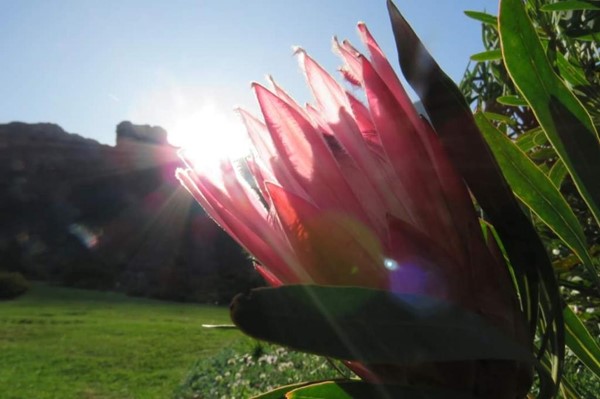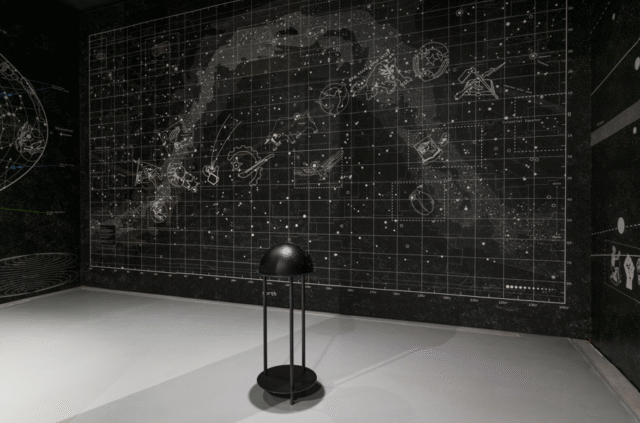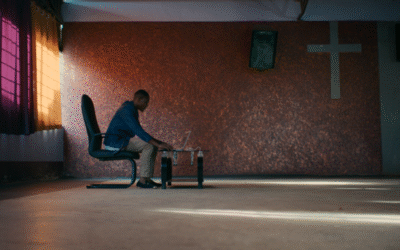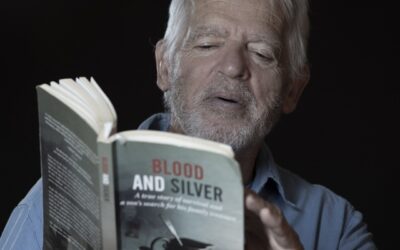The journey of South African film has been a tumultuous one, with a disjointed history and an uncertain future, writes Jyoti Mistry.
South African cinema has a long history of production. Yet, similar to the country’s segregated past, it too has a segregated history of representation. From stories that perpetuated apartheid to films seeking commercial success, it has been a disjointed journey for film in South Africa.
Previously, Afrikaans films enjoyed the privilege of production funding. Films made during apartheid with government funds explored Afrikaner identity. These were primarily told from the position of insiders reflecting on their own culture and history. They reinforced Afrikaner identity through history and language.
This production history traverses from the opus of Afrikaner nationalism reflected in pre-apartheid film Die Bou van ‘n Nasie (The Building of a Nation) to the much revered work of Jans Rautenbach and beyond.
Scholars and historians looking at national cinema recognise the significance of language as identification in communities. But, language as part of a national identity may be either unifying or divisive.
South African cinema has the potential for producing narrative diversity in a wealth of forms. It can reflect the breadth of its experiences if it remains true to the freedoms that its people cherish and so often hail.
For fully review (including trailers) by Jyoti Mistry, Associate Professor and Deputy Head of Division at Wits School of Arts at University of the Witwatersrand, see Mail & Guardian
See related MapMyWay blog Avant-Garde South African Films this September






